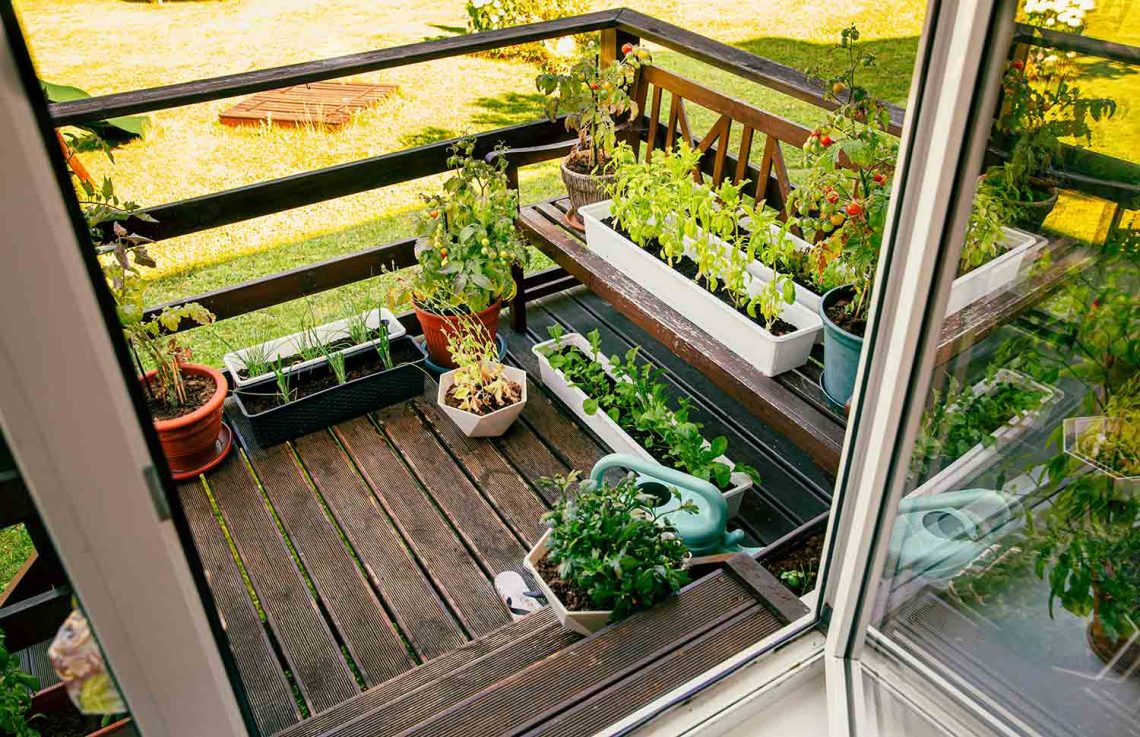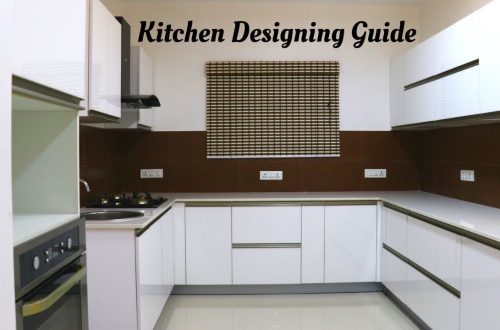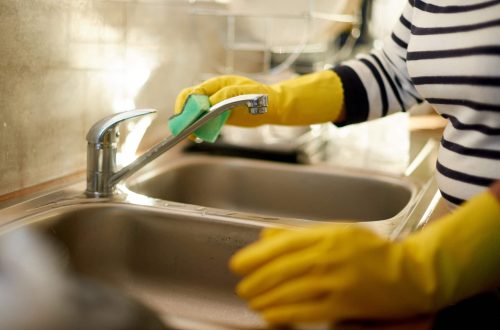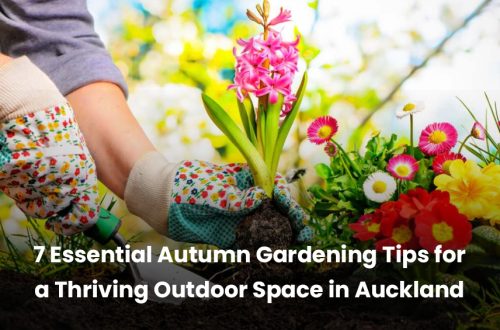Dreaming of fresh herbs, vibrant flowers, or even homegrown veggies, but think you don’t have the space? Think again! Even the tiniest balcony, patio, or windowsill can be transformed into a thriving garden. It’s all about getting creative and knowing the right tricks. So, are you ready to ditch the store-bought produce and embrace the joy of growing your own? Let’s dive into some fantastic small space gardening tips that will help you cultivate your green thumb, no matter how limited your square footage may be!
Maximize Your Vertical Space with these Small Space Gardening Tips
When space is limited, think up, not out! Vertical gardening is a game-changer for small spaces. It allows you to grow more in less area, adding visual interest and a touch of whimsy to your surroundings.
Clever Vertical Gardening Ideas for Small Spaces
- Hanging Baskets: A classic for a reason! Perfect for trailing plants like petunias, strawberries, or herbs.
- Wall-Mounted Planters: Attach planters directly to walls or fences for a stunning display.
- Trellises and Arbors: Train climbing plants like tomatoes, cucumbers, or beans to grow upwards.
- Stacked Planters: Create a tiered garden with multiple plants in a single, space-saving structure.
Don’t underestimate the power of a well-placed trellis! It can transform a blank wall into a verdant oasis.
Choosing the Right Plants: Key Small Space Gardening Tips
Not all plants are created equal, especially when it comes to small spaces. Selecting compact varieties and plants that thrive in containers is crucial for success.
Best Plants for Small Space Gardens
- Herbs: Basil, mint, thyme, and rosemary are all relatively compact and easy to grow in containers.
- Vegetables: Dwarf tomatoes, peppers, lettuce, and radishes are excellent choices for small gardens.
- Flowers: Petunias, pansies, impatiens, and dwarf sunflowers add color and beauty without taking up too much space.
Consider the amount of sunlight your space receives when choosing plants. Some plants need full sun, while others prefer shade.
Container Gardening Essentials: Small Space Gardening Tips for Success
Choosing the right containers and soil is just as important as selecting the right plants. Proper drainage and nutrient-rich soil are essential for healthy growth.
Tips for Container Gardening in Small Spaces
- Choose the Right Size: Select containers that are appropriately sized for the plants you want to grow.
- Ensure Proper Drainage: Make sure your containers have drainage holes to prevent waterlogging.
- Use High-Quality Potting Mix: Avoid using garden soil, which can compact and impede drainage.
- Fertilize Regularly: Container plants need regular fertilization to thrive.
Tip: Add a layer of gravel or pebbles to the bottom of your containers to improve drainage.
Watering and Maintenance: Essential Small Space Gardening Tips
Proper watering and maintenance are crucial for keeping your small space garden healthy and thriving. Overwatering and underwatering are common mistakes that can be easily avoided.
Watering Strategies for Small Gardens
- Water Deeply and Less Frequently: Encourage deep root growth by watering thoroughly when the soil is dry to the touch.
- Avoid Overwatering: Soggy soil can lead to root rot.
- Water in the Morning: This allows the foliage to dry before nightfall, reducing the risk of fungal diseases.
Tip: Use a moisture meter to check the soil moisture level before watering.
Small Space Gardening Tips: Dealing with Pests and Diseases
Even in small gardens, pests and diseases can be a problem. Fortunately, there are many organic and natural ways to protect your plants.
Natural Pest Control Methods for Small Gardens
- Handpicking: Remove pests by hand whenever you see them.
- Insecticidal Soap: A safe and effective way to control many common pests.
- Neem Oil: A natural insecticide and fungicide.
- Companion Planting: Plant herbs and flowers that repel pests.
Regularly inspect your plants for signs of pests or diseases. Early detection is key to preventing major problems.
FAQ: Small Space Gardening
Q: What is the best soil for container gardening?
A: Use a high-quality potting mix, not garden soil. Potting mix is lighter and provides better drainage.
Q: How often should I fertilize my container plants?
A: Fertilize every 2-4 weeks, depending on the type of fertilizer you use.
Q: How much sunlight do my plants need?
A: It depends on the plant. Check the plant label or seed packet for specific sunlight requirements.
Q: How do I prevent overwatering?
A: Ensure your containers have drainage holes and water only when the soil is dry to the touch.
Q: What are some good companion plants for small gardens?
A: Marigolds repel many pests, while basil can help protect tomatoes from insects.
So, there you have it – a treasure trove of small space gardening tips to get you started! Remember, gardening is a journey, not a destination. Don’t be afraid to experiment, learn from your mistakes, and most importantly, have fun! With a little creativity and effort, you can transform even the smallest space into a flourishing oasis. Now go forth and grow!






